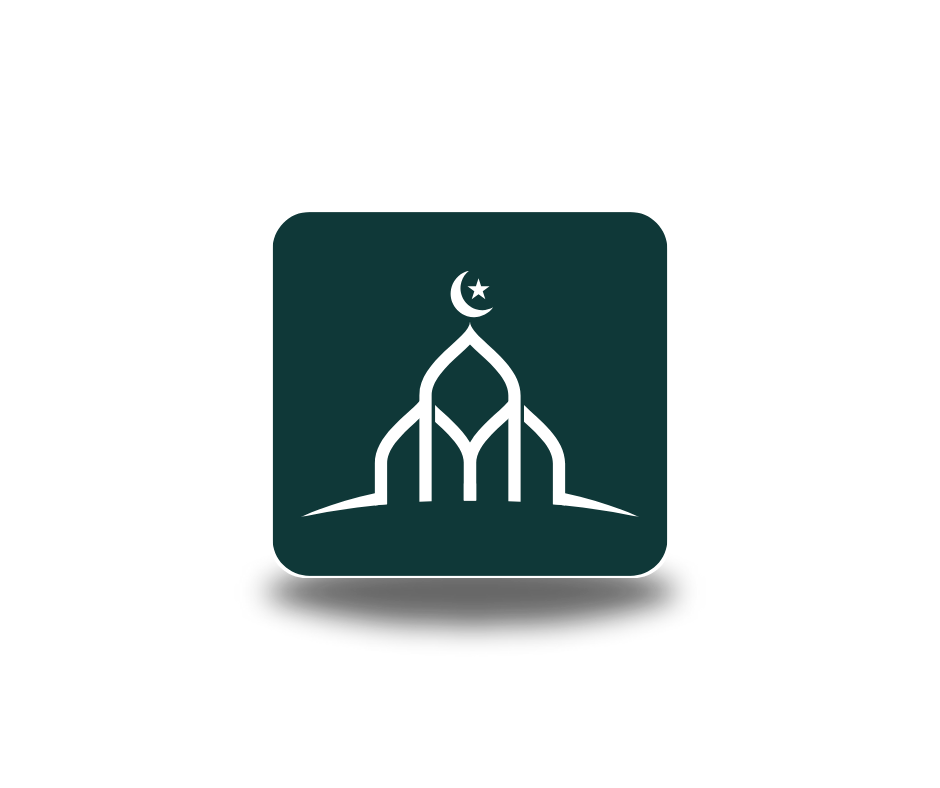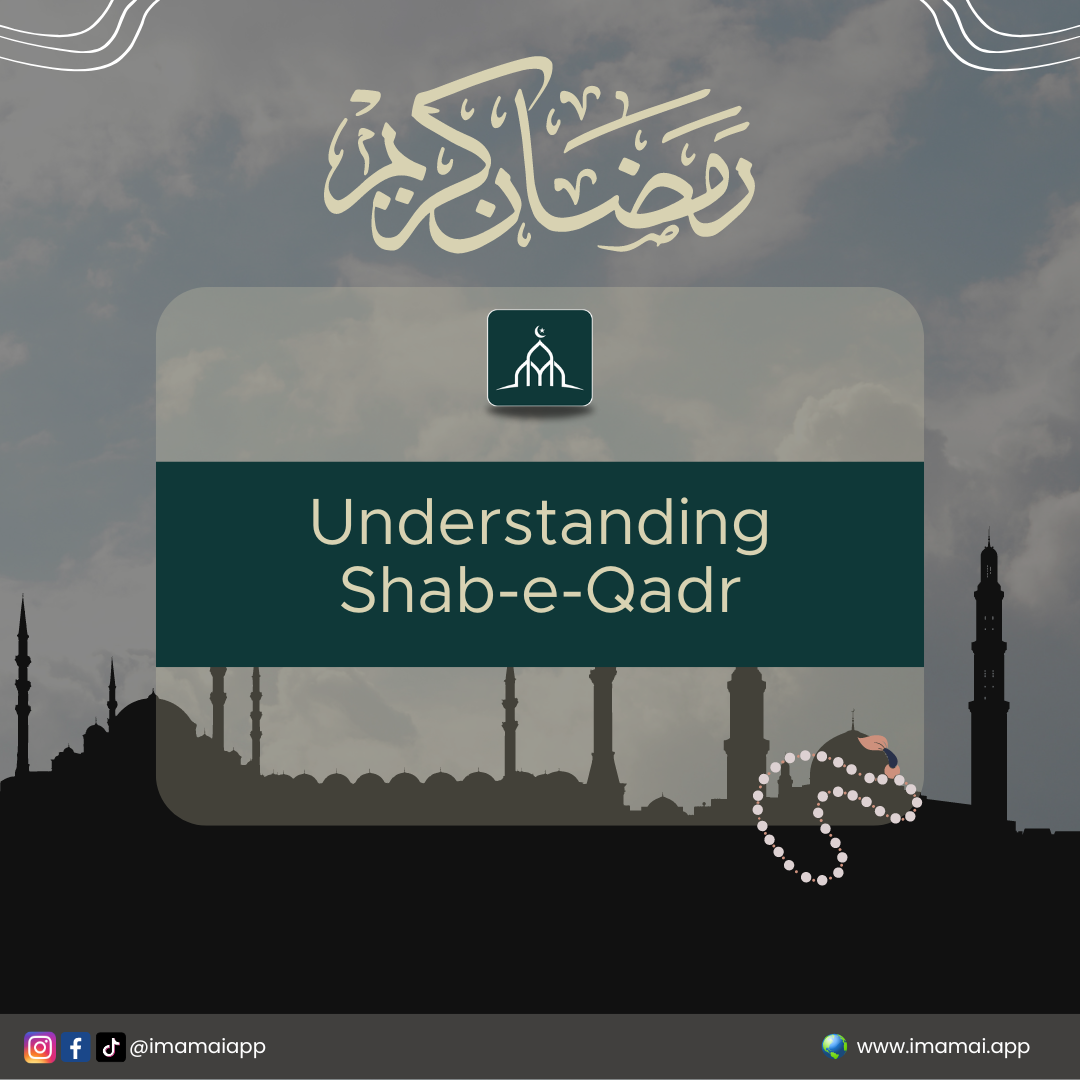Understanding Shab-e-Qadr
As the moon sails through the blessed month of Ramadan, Muslims around the world anticipate the arrival of Laylat al-Qadr, known as the Night of Decree or Shab-e-Qadr. This sacred night, hidden within the last ten days of Ramadan, holds a significance so profound that the Quran eloquently reveals, "The Night of Decree is better than a thousand months" (Surah Al-Qadr, 97:3). In these few words, Allah (SWT) encapsulates the immense mercy, forgiveness, and blessings bestowed upon those who seek and observe this night with sincerity and devotion
The Significance of Laylat al-Qadr
Shab-e-Qadr commemorates the night when the Quran was first revealed to Prophet Muhammad (صلى الله عليه وسلم), marking the beginning of the guidance for mankind. It is a night that signifies the height of divine mercy, an opportunity for sins to be forgiven, and prayers to be accepted. The exact date of Laylat al-Qadr is not definitively known, which is why devout Muslims increase their worship and supplication during the last ten days of Ramadan, especially on the odd nights, in hope of catching this blessed night.
The Last Ten Days and Laylat al-Qadr
The last ten days of Ramadan are a time for increased devotion, prayer, and reflection. It is a period when the Prophet Muhammad (صلى الله عليه وسلم) would intensify his worship, seeking the blessings of Laylat al-Qadr. Muslims are encouraged to follow this Sunnah; engaging in additional prayers, reciting the Quran, making dua, and giving charity. It is a time to ask for Allah’s forgiveness, to pray for your needs and the needs of others, and to reflect on the direction of one’s life in accordance with Islamic principles.
How to Observe Laylat al-Qadr
Perform I'tikaf: Spending the last ten nights in the mosque (for those who are able) in I'tikaf is a beautiful way to seek Laylat al-Qadr, dedicating oneself entirely to worship and contemplation.
Night Prayers (Taraweeh and Tahajjud): Increase in voluntary night prayers, pouring your heart out to Allah in supplication and gratitude.
Recitation and Reflection on the Quran: Engage deeply with the Quran, understanding its meanings and reflecting on its guidance.
Making Dua: The Prophet Muhammad (صلى الله عليه وسلم) taught us a special dua to recite during this night: "Allahumma innaka ‘afuwwun, tuhibbul ‘afwa, fa’fu ‘anni" (O Allah, You are Forgiving and love forgiveness, so forgive me).
Charity (Sadaqah): Give generously, as acts of charity during this night are immensely rewarding.
ImamAI and Laylat al-Qadr
At ImamAI, we strive to enhance your Laylat al-Qadr experience with resources that guide and enrich your worship. From curated Quranic recitations and insightful articles on the significance of this night to interactive sessions on how to maximize your prayers and supplications, ImamAI is here to support your spiritual journey during these blessed last ten days.
Reflections on Shab-e-Qadr
Laylat al-Qadr offers us a moment of profound connection with Allah, a night when the heavens are open to the prayers of the faithful. It reminds us of the Quran's central role in guiding our lives, urging us to reflect on our deeds and seek a path closer to our Creator. As we search for this blessed night, let our hearts and actions reflect the purity and peace that Laylat al-Qadr signifies.
In embracing the lessons and opportunities of Laylat al-Qadr, we not only honor the tradition of the Prophet but also rekindle the flame of faith within our hearts, aspiring for a life that is pleasing to Allah. May we all be fortunate to witness and benefit from the Night of Decree, emerging as individuals renewed in spirit and purpose. Ameen.
As Ramadan progresses, let's remind ourselves and those around us of the preciousness of these fleeting moments. Let ImamAI be your companion in making this Ramadan, especially the last ten days, a time of meaningful worship and profound reflection.

